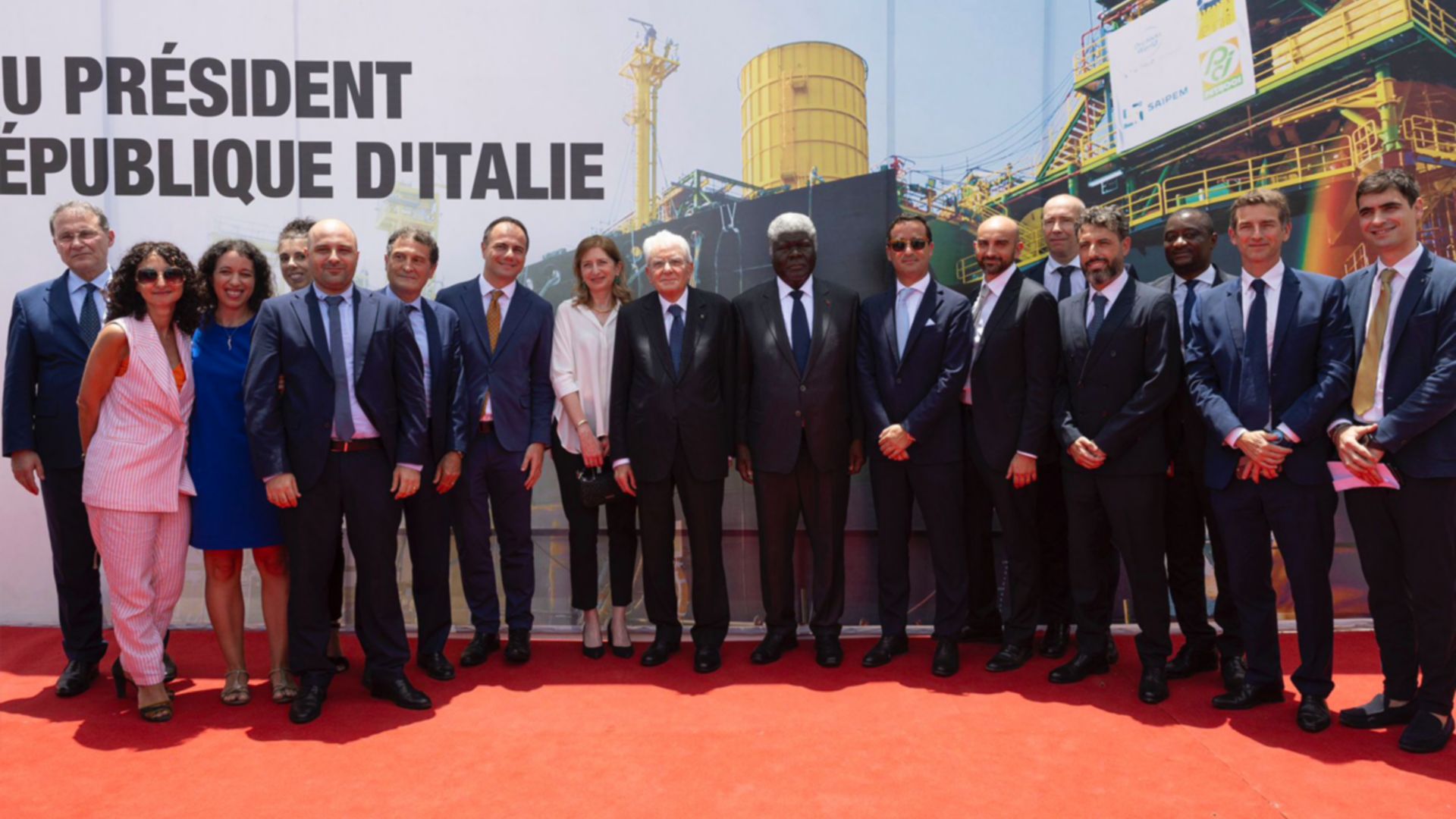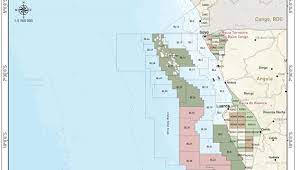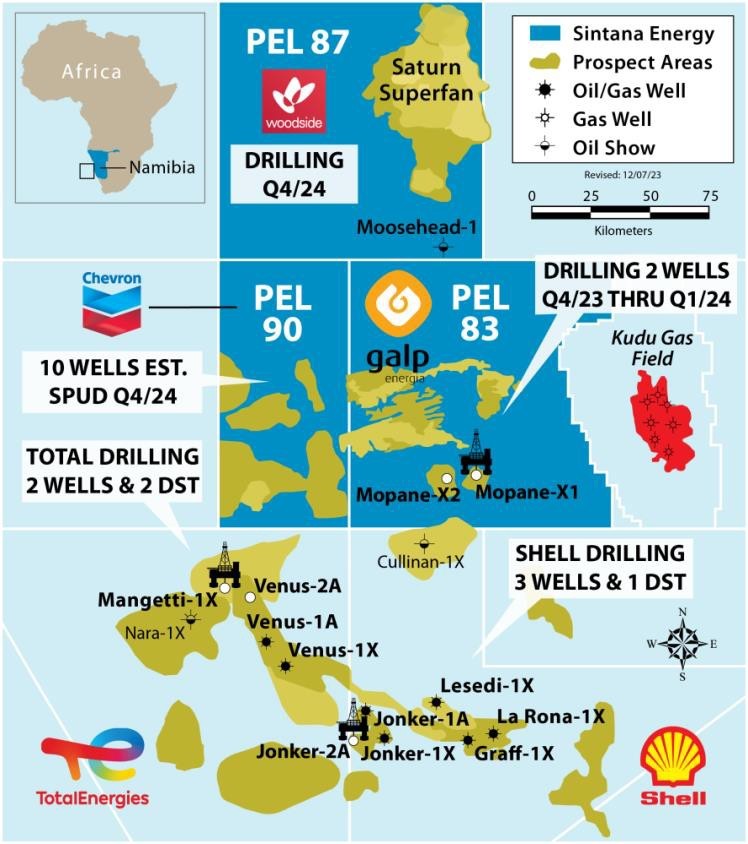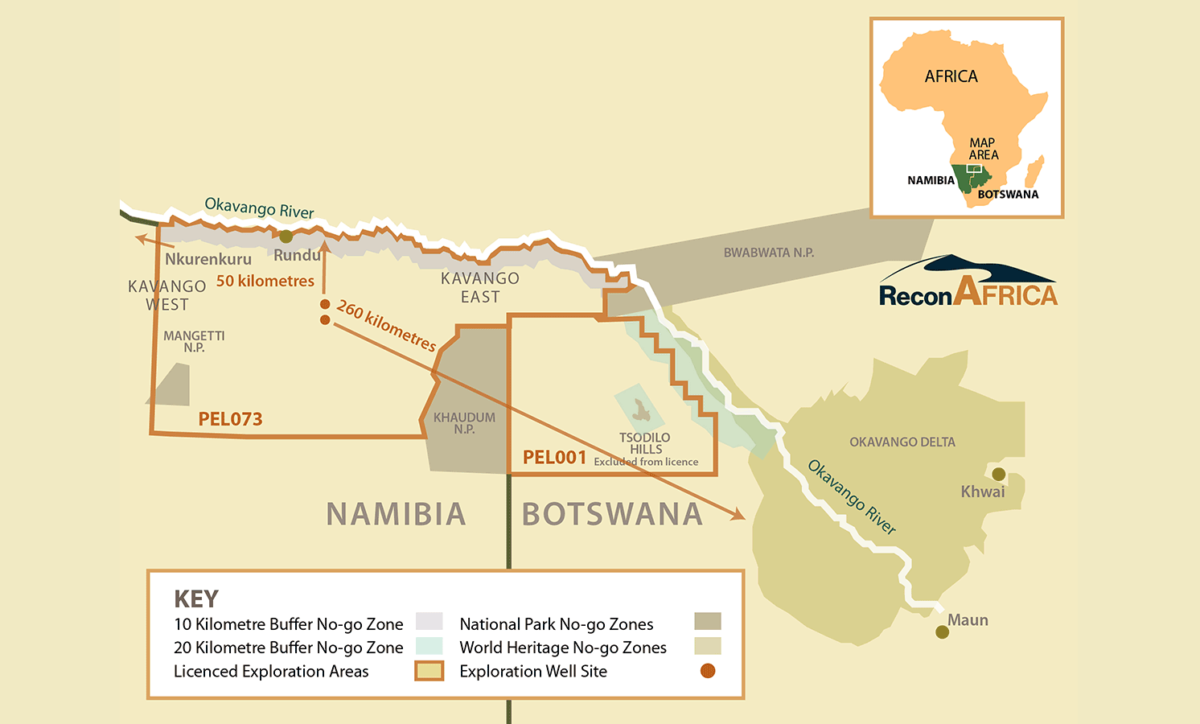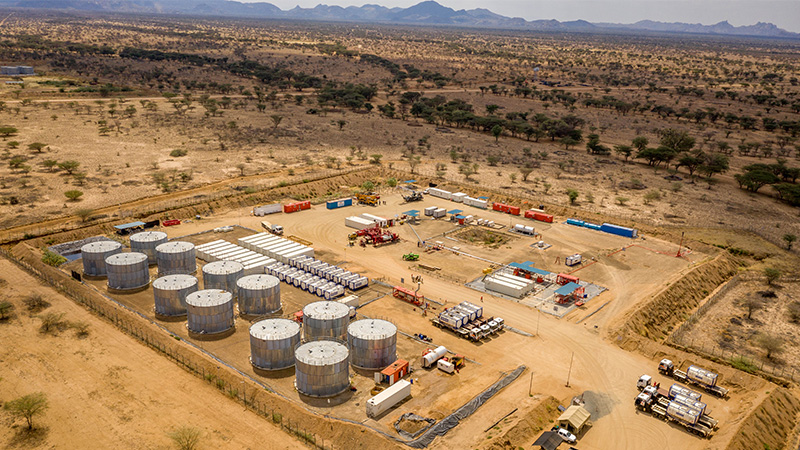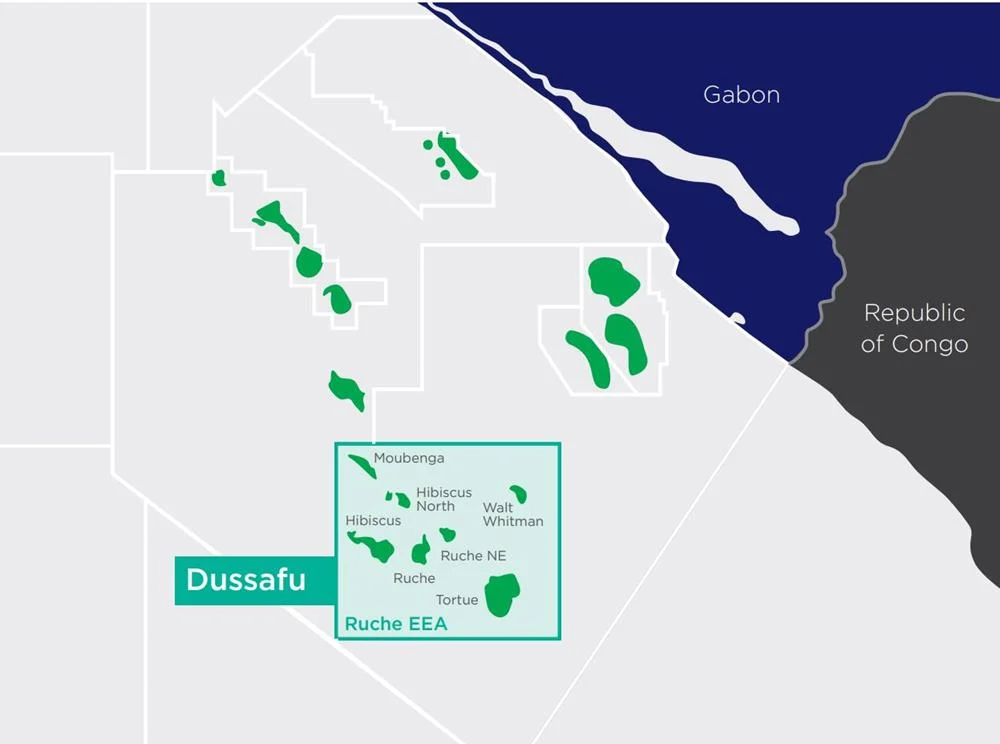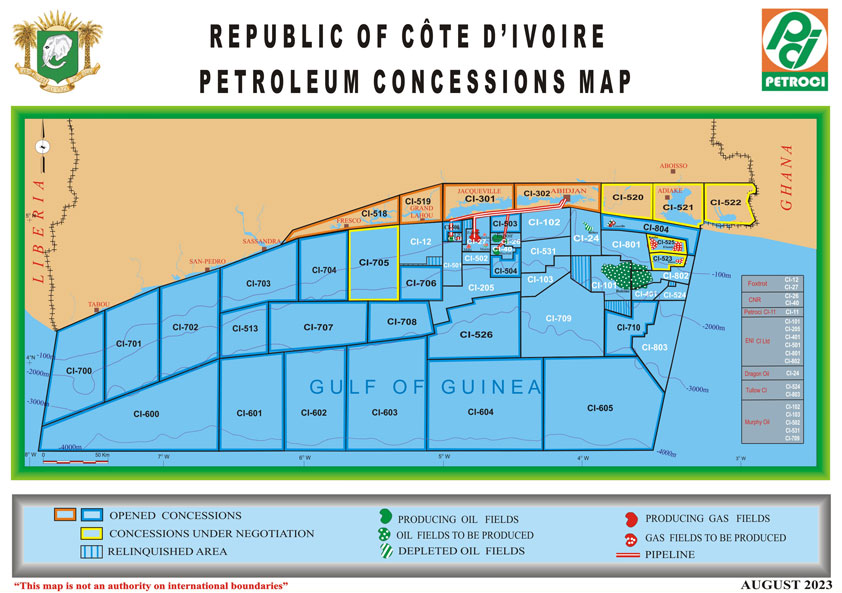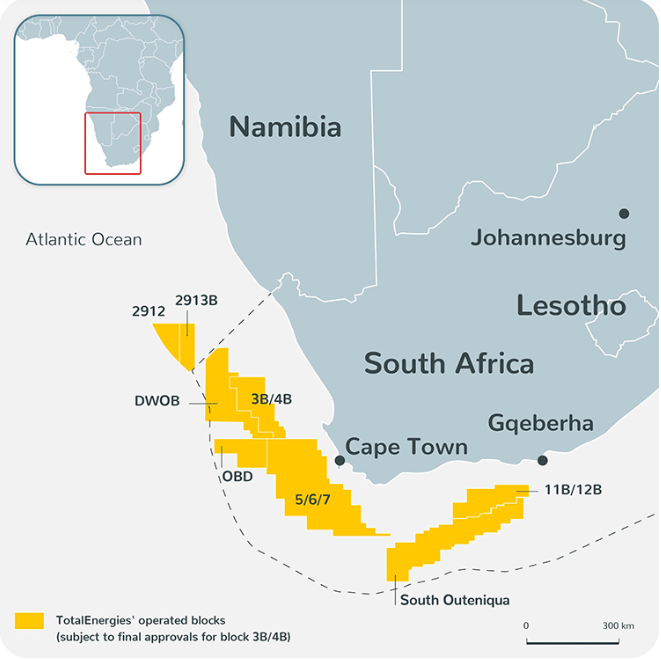Horizons 2015: What to look for in the year ahead
[twitter-follow screen_name=’oilnewskenya’]
Source: Wood Mackenzie
Macroeconomics: Asia’s consumers are key
“The rate at which China’s economy rebalances away from investment and towards consumption will determine long-term trends in energy demand,” Cynthia Lim, Senior Economist.
China’s economy is evolving and the nature of its energy demand growth is changing. A more rapid than expected shift to consumption led-growth could slow energy demand. In Japan, consumption needs to accelerate to kick-start GDP growth and alleviate the risk of a sovereign debt crisis. In 2015 the behaviour of Asia’s consumers will have material impacts on the global economy.
Coal: China’s shift to cleaner consumption
“Protecting both domestic mining companies and the environment mean China’s role as an ever-growing coal export destination is under threat”,Jonny Sultoon, Senior Analyst – Coal markets.
A twin-pronged approach to environmental protection and support for domestic mining companies means a shift to cleaner coal consumption and a reduction of seaborne imports. Details of the 13th Five Year Plan will become clear in 2015, but are likely to accelerate the drive towards a more sustainable China. Such policies could mean further damaging impacts on global coal producers.
Metals & mining: China’s Five Year Plan and commitment to infrastructure build
“An evolving China presents challenges to the metals and mining industries, but demand is robust, and the call on mined output remains strong,” Mike Sinden, Principal Analyst – Investment Research.
Metals and mining are highly exposed to China, which is the primary driver of demand growth for many mined commodities. Details of the 13th Five Year Plan will indicate China’s commitment to infrastructure build-out over the medium term, and will be key for the mining industry to position itself for the next phase of the country’s growth.
Natural Gas: LNG suppliers hoping for cold
“From 2015, LNG markets face rapid supply growth, led by Australia and followed into 2016 by the US, from the Gulf Coast. Suppliers will be looking closely at Asia’s gas demand growth,” Noel Tomnay, Head of Global Gas and LNG.
Slowing gas demand growth has led to concerns that China will struggle to absorb contracted LNG, which will double over the next three years. Suppliers will be hoping for a cold 2015, but the background of a low oil price environment will place pressure on LNG prices. However long-term growth prospects remain compelling, and Russia will continue to cement its pivot east with China gas deals.
Oil markets: Struggling to find balance in 2015
“The oil market is looking for a price floor where constraints on supply growth in 2015 could start to emerge and help rebalance supply and demand,” Ann-Louise Hittle, Head of Macro Oils.
The strength of oil demand growth in 2015 is a major concern, and a weaker than expected economic outlook could exacerbate the current market imbalance. If a non-OPEC supply response is not enough to rebalance the market then attention will fall on the Middle East, and OPEC’s next meeting, during the summer months. Oil market rebalancing in 2015 is likely to deliver price volatility and a period of uncertainty.
Corporate: A true buyers’ market could emerge in 2015
“Oil companies must adapt quickly to this period of low oil prices,” Tom Ellacott, Principal Analyst – Corporate
Corporate valuations are now heavily discounted, as investors digest a sub $70 per barrel oil. Companies are weighing up options and distressed sales could precipitate the emergence of a buyers’ market in 2015. Those with the financial strength to withstand weak prices will be well positioned for the next cycle.
Global Trends: Will Paris 2015 mark a turning point?
‘‘Should this scenario materialise, energy companies could see a ‘carbon bubble’ permanently trap reserves – and value,” Tara Schmidt, Product Manager – Global Trends Service.
China and the United States have agreed emission targets, suggesting that efforts to reduce CO2 output may now come more easily than expected. Europe is seeking to solve the problem of dependency on Russian natural gas with greater energy efficiency and more renewables. Regardless of collapsing oil prices, could the world already be on a path towards falling hydrocarbon demand?
[twitter-follow screen_name=’oilnewskenya’]

